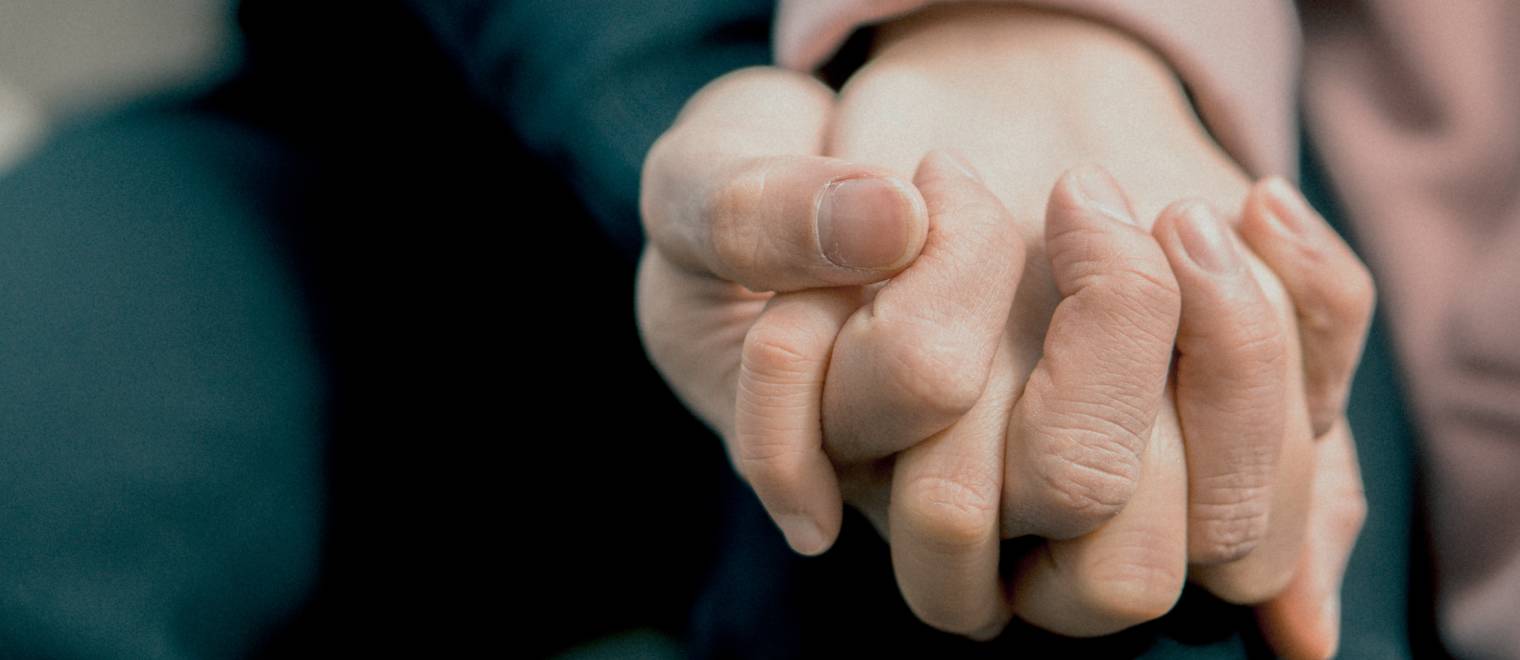What is the NDIS?
The National Disability Insurance Scheme (NDIS) is a federal government initiative which was established with the goal of improving the access to support for persons who are living with an acquired or genetic disability and are;
- under the age of 65 and;
- Australian residents for the purpose of the Scheme.
The NDIS is run by the NDIA: the National Disability Insurance Agency
See some of the relevant legislation here; National Disability Insurance Scheme Act 2013 (Cth) (“the Act”) and the National Disability Insurance Scheme (supports for participants – Accounting for Compensation) Rules 2013 (Cth), (‘the Rules”).
The NDIA determines whether you are eligible to participate in the NDIS scheme and specifies what funding will be granted to eligible participants.
Funding is only allocated for services that are deemed to be “reasonable and necessary”. The NDIA will finally determine what services are considered to be “reasonable and necessary” for your care after some consultation with you. You can find detailed information on the meaning of “reasonable and necessary” here.
Disabilities caused by Medical Negligence
Some disabilities are caused by the negligent act of a medical practitioner, commonly known as medical negligence.
If it can be shown that you have suffered an injury due to medical negligence this may mean that you may be entitled to seek a claim for compensation for your personal injury. Where a personal injury affects your life in a profound and ongoing way, damages may be significant.
NDIS payment recovery | What to know before you claim
The NDIS operates to fund medical and rehabilitation services and equipment for people with disabilities and illness. The Scheme is structured to prevent people claiming twice for the same services.
If you are a participant in the NDIS scheme and you seek or receive compensation for medical negligence, even if the damages you receive are unrelated to the disability for which you participate in the scheme, you may be required to repay funds back to the scheme for any support previously paid as a part of your plan. You may also have future entitlements under the NDIS reduced.
There is no distinct basis upon which the NDIA may seek payment recovery. It is important to note that case law in Australia has demonstrated that the NDIA have been unhelpful in providing a clear basis for recovery of funds.
This lack of clarity can make it difficult for lawyers to provide advice about how the NDIS will impact on their client’s claim. This lack of transparency by the NDIA, has led to some judges finding that no recovery should be claimed at all, Sharp v Home Care Service of NSW [2018] NSWSC 1319.
Importantly, if you receive damages for a claim in medical negligence you are able to spend that award how so ever you deem is best for your care. Unlike the funds allocated by the NDIS there is no external management of an award of damages, where the recipient is of full legal capacity.
NDIS compelling a participant to pursue a Medical Negligence Claim
The NDIA can require you to take action in obtaining compensation if it is their opinion you may be entitled to it.
The NDIA can also take action to obtain compensation on your behalf. Where the NDIA takes over an action, they become liable for the costs of the claim. If damages are rewarded with respect to the claim, they are allocated to the NDIA, who will pass on the balance to you, once their costs and recovery have been secured.
If you would like information specific to your circumstances with respect to the NDIS, we recommend that you seek legal advice.
Claims for NDIS where you have already made a successful Medical Negligence Claim
Can you claim with the NDIS if you have made a successful Medical Negligence Claim?
If you have successfully claimed compensation for an injury caused by medical negligence, you may still be able to become a participant with the NDIS to claim additional support. The NDIA will advise whether some of the payments that you have already received will need to be recovered.
There are special circumstances under Rule 3.10 whereby the NDIA has a discretion not to make any recovery or reduction to future allowance where compensation has previously been awarded.
Where you have already obtained compensation prior to becoming a participant with the NDIS, you may still be able to claim support however, issues with respect to recovery may apply.
If you are not happy with a decision made by the NDIA, you may ask for an internal review of that decision. Further information regarding the review process can be found here.
Medical Negligence Claims: How DBH Lawyers can help.
The interaction between the NDIS and damages awarded for compensation can be confusing and mentally draining, especially when you are trying to secure funds for support necessary for your day-to-day wellbeing.
If you believe you may have suffered a personal injury as a result of medical negligence and you would like advice as to whether you may be entitled to damages, contact DBH Lawyers to see how we may assist you with your specific personal injury or medical negligence case.

